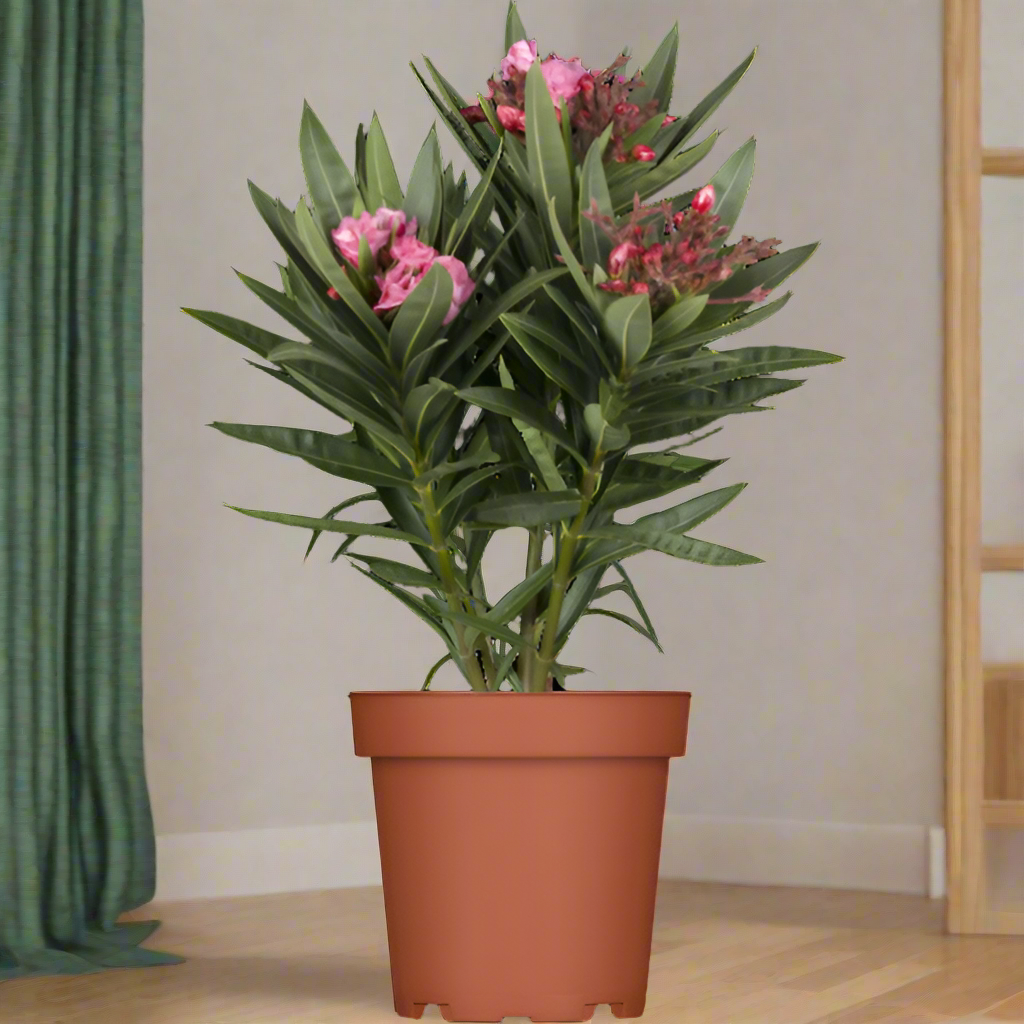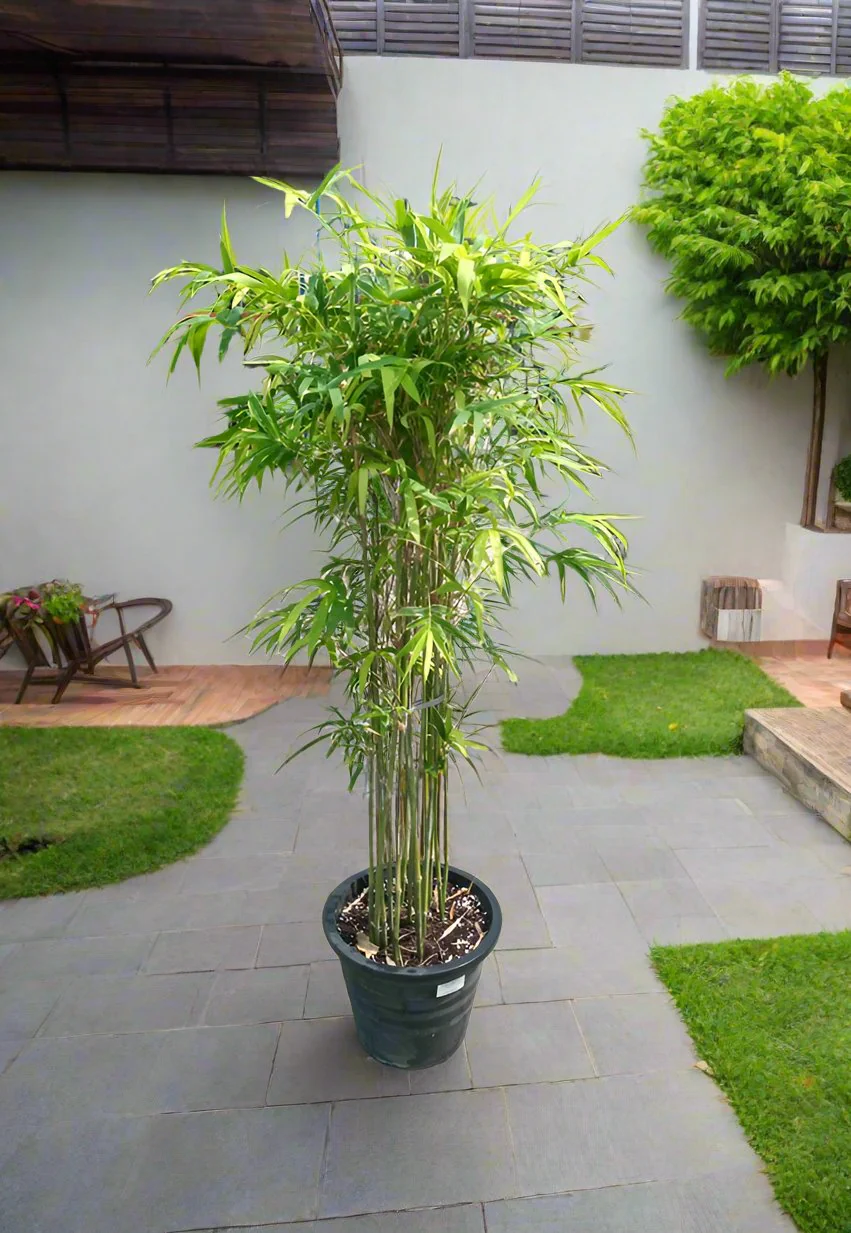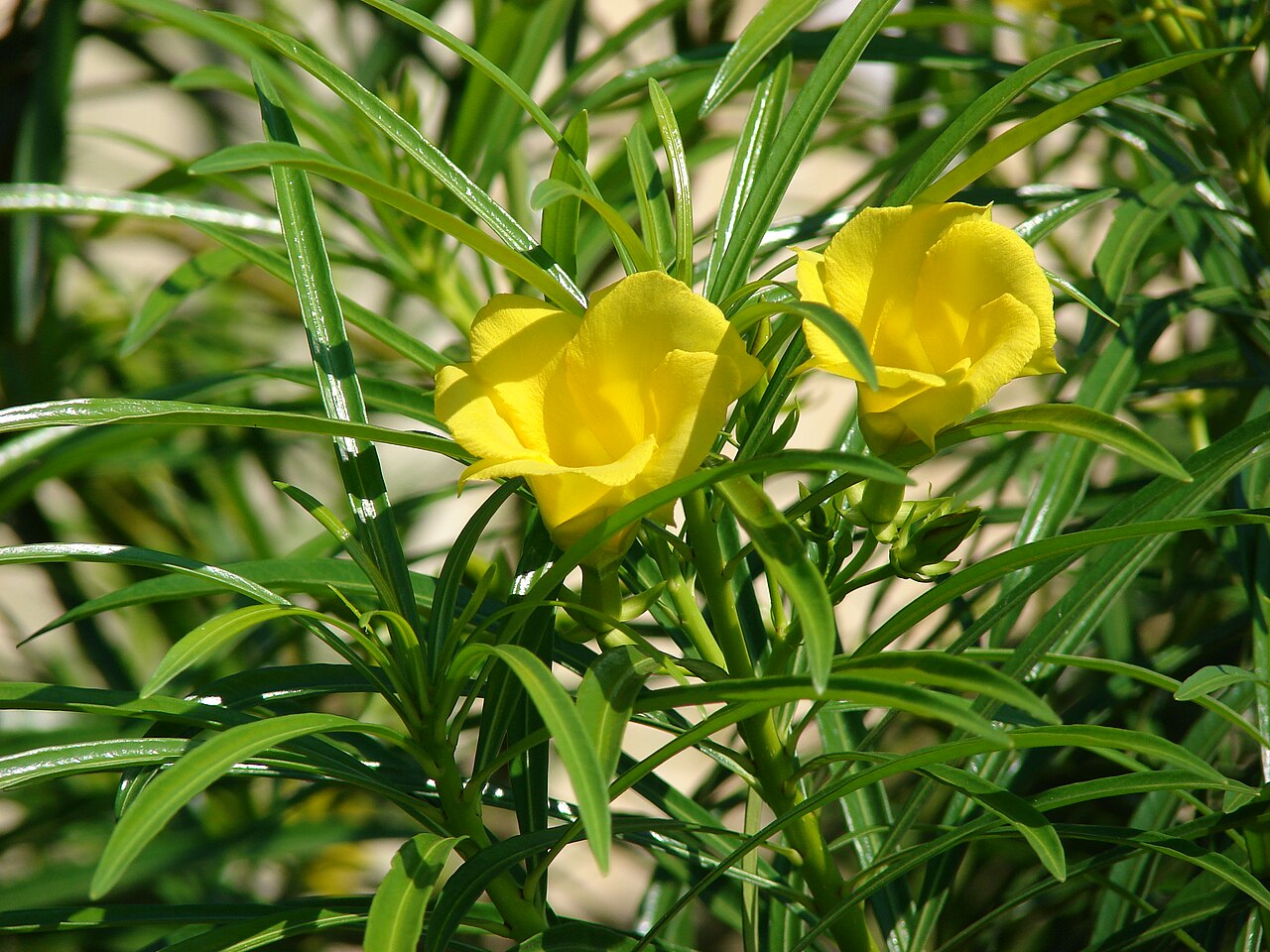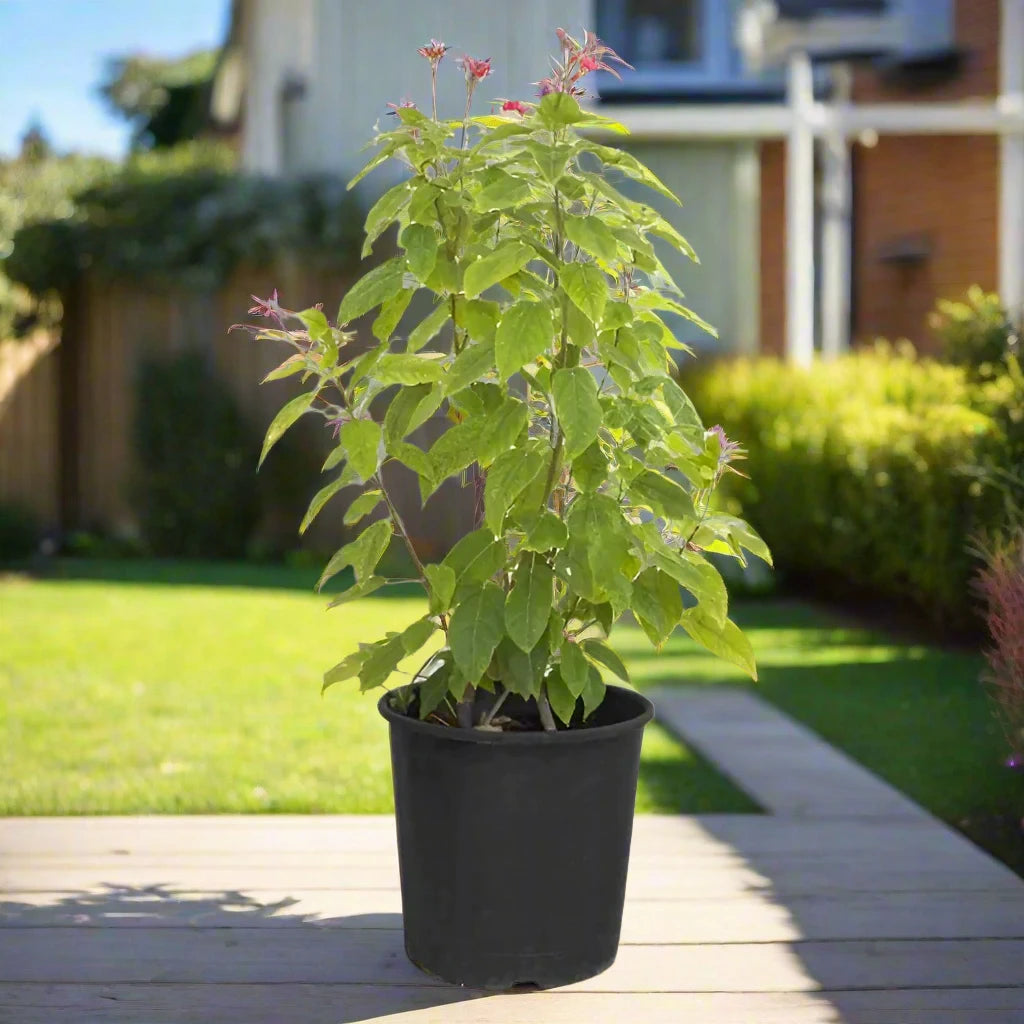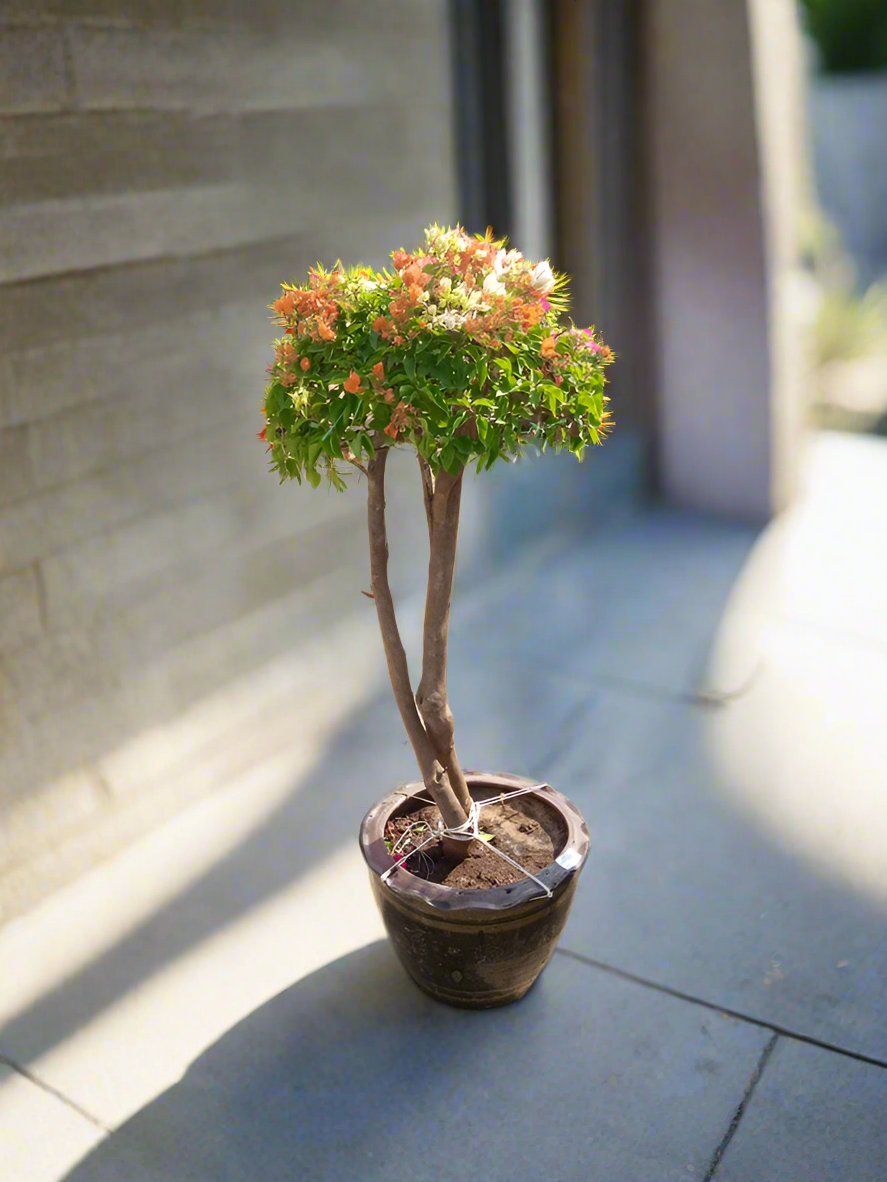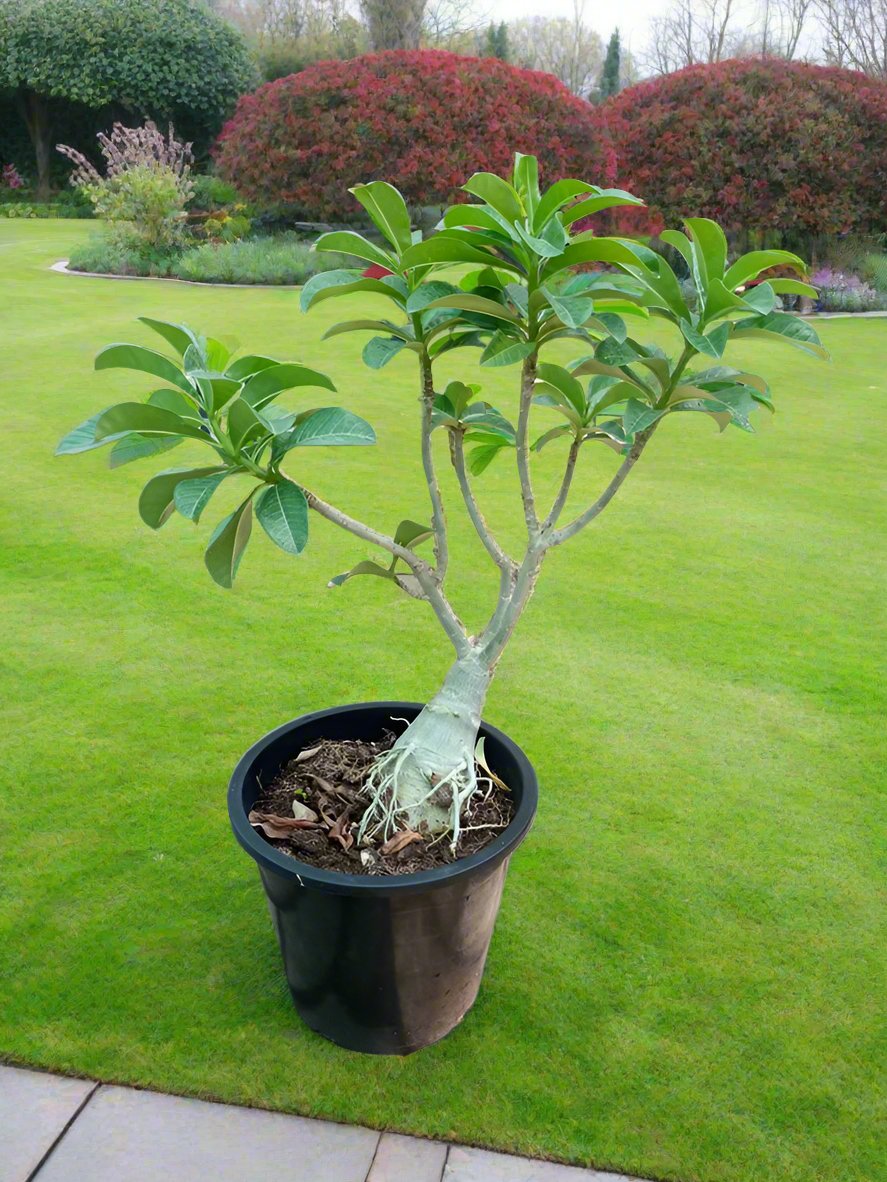Tree Musa Paradisiaca Type F2, 10LP, 1.0 - 1.50M
Guarantee Safe Checkout
Website Exclusive - Free Delivery in Dubai & Sharjah
Free replacement if you receive a defective item during delivery
📄 Product Description
+🚚 Our Shipping & Delivery
+| Location | Delivery Charges (AED) | Free Delivery (AED) | Schedule Days |
|---|---|---|---|
| Dubai | 25 | 99 & Above | Everyday |
| Abu Dhabi - City | 199 | 499 & Above | Saturday |
| Abu Dhabi - Outskirts (Ruwais, Al Sila, Liwa, Al Batha, Al Ghuwaifat) | 299 | 999 & Above | Saturday |
| Sharjah & Ajman | 25 | 99 & Above | Everyday |
| Northern Emirates (RAK, Fujairah, Khorfakkan, Dibba, Dhaid) | 199 | 499 & Above | Friday |

Tree Musa Paradisiaca Type F2, 10LP, 1.0 - 1.50M
Invite Nature into Your Spaces
We believe your living space is more than just a home—it’s a sanctuary where nature and design blend seamlessly. Inspired by the beauty of the natural world and a commitment to sustainability, we craft premium products that infuse your indoor and outdoor spaces with life, serenity, and timeless elegance.
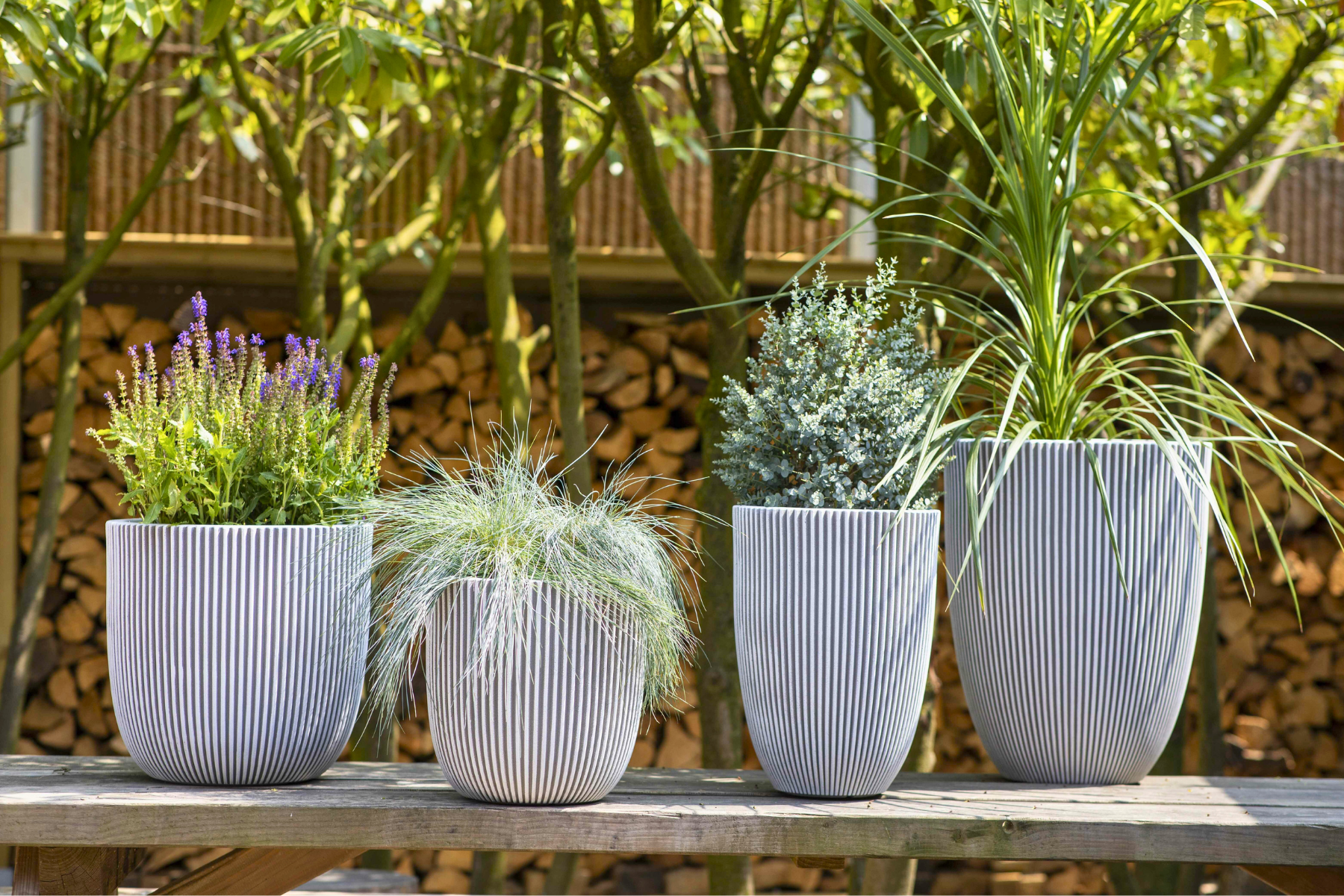
Vibrant Outdoor Plants
Outdoor Plants offer an exquisite range of greenery and blooms that bring life and vibrancy to any space. Perfectly suited for gardens, terraces, and balconies, these plants are carefully selected to thrive in outdoor conditions. With a variety of species and sizes, there’s an ideal outdoor plant for every environment and style.
Known for their exceptional quality and resilience, Outdoor Plants can endure different weather conditions while maintaining their lush appearance. Whether you’re creating a serene green space or adding a touch of nature to your outdoor decor, these plants are designed to complement every setting.
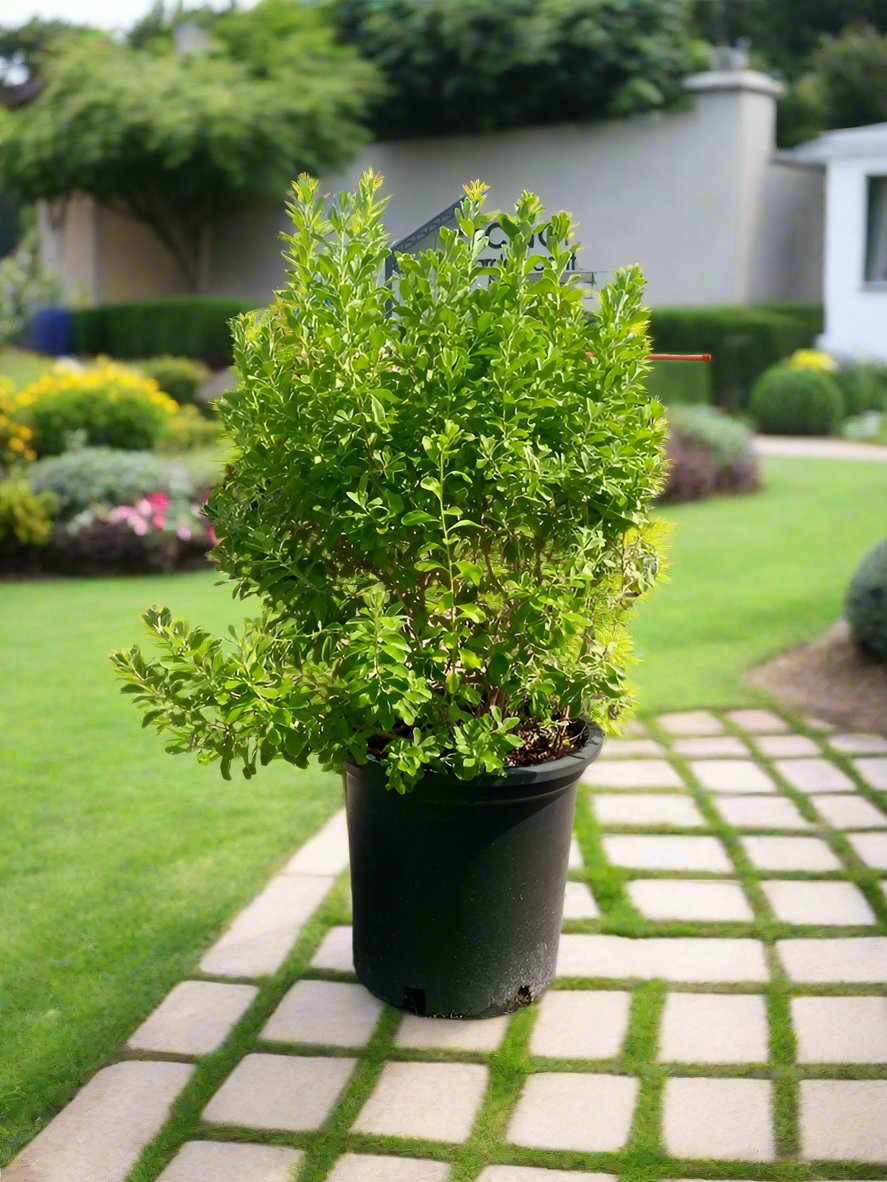
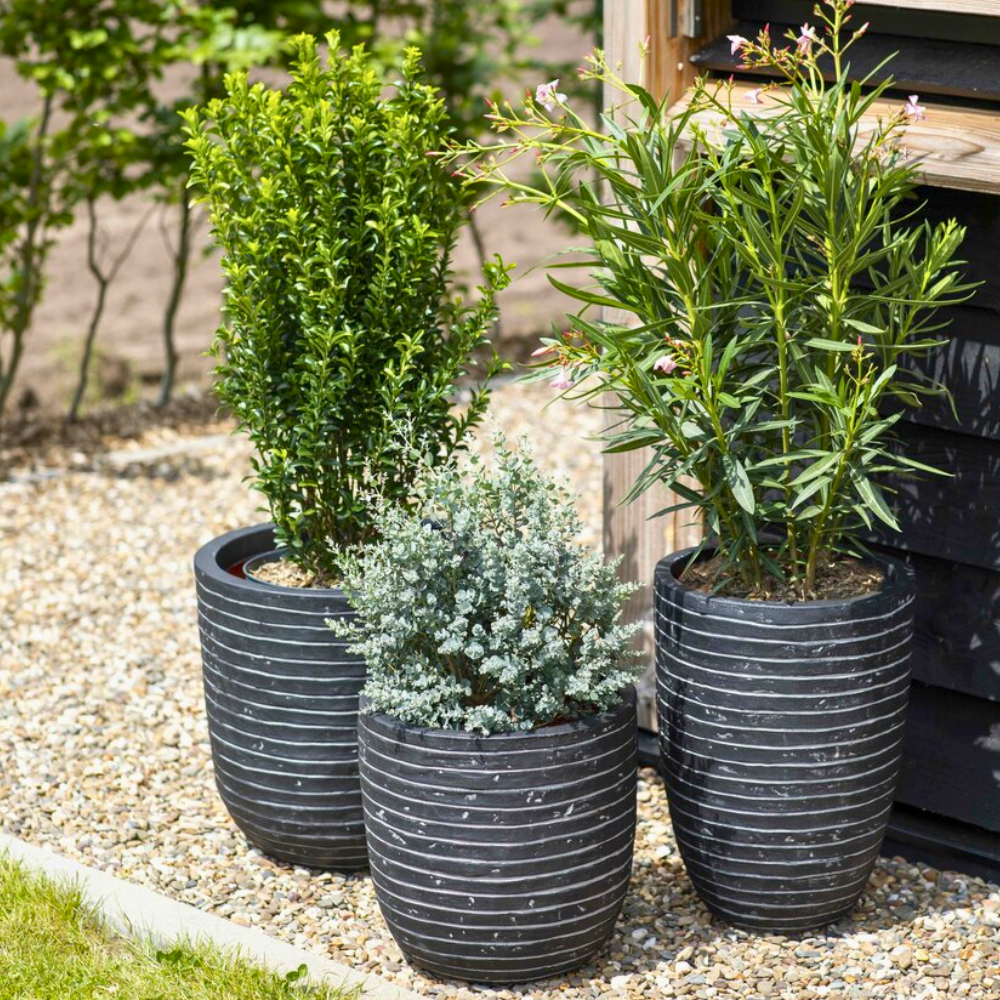
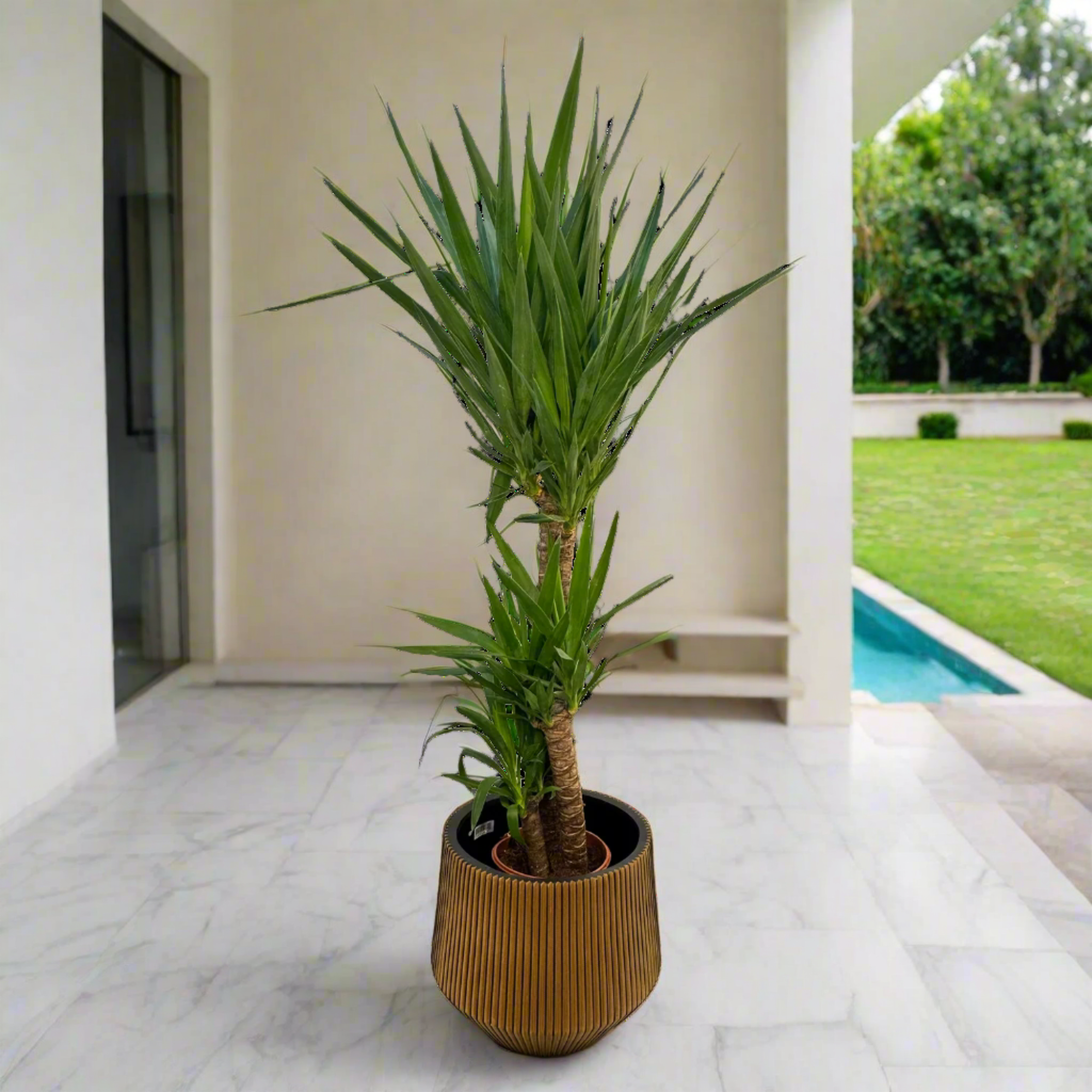
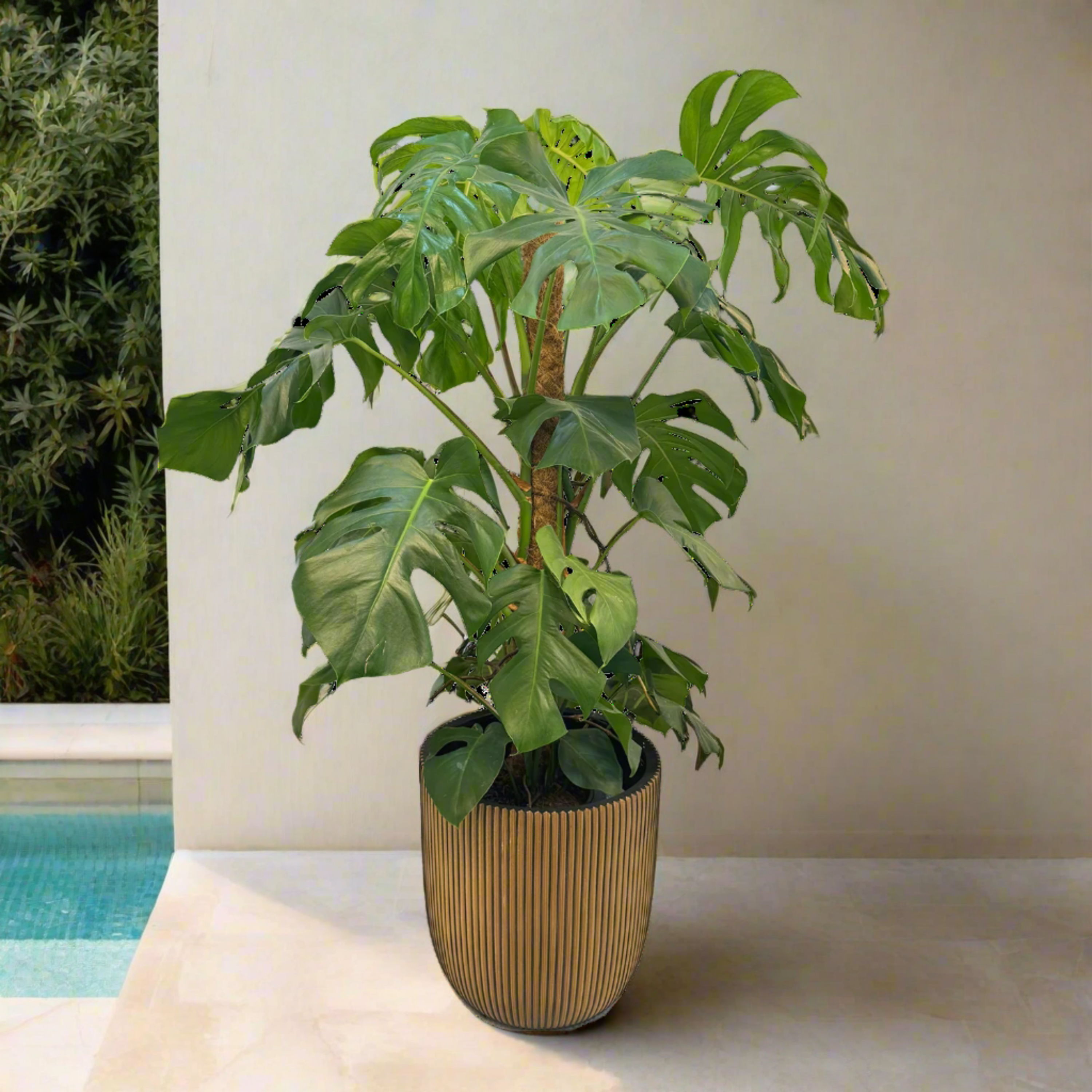
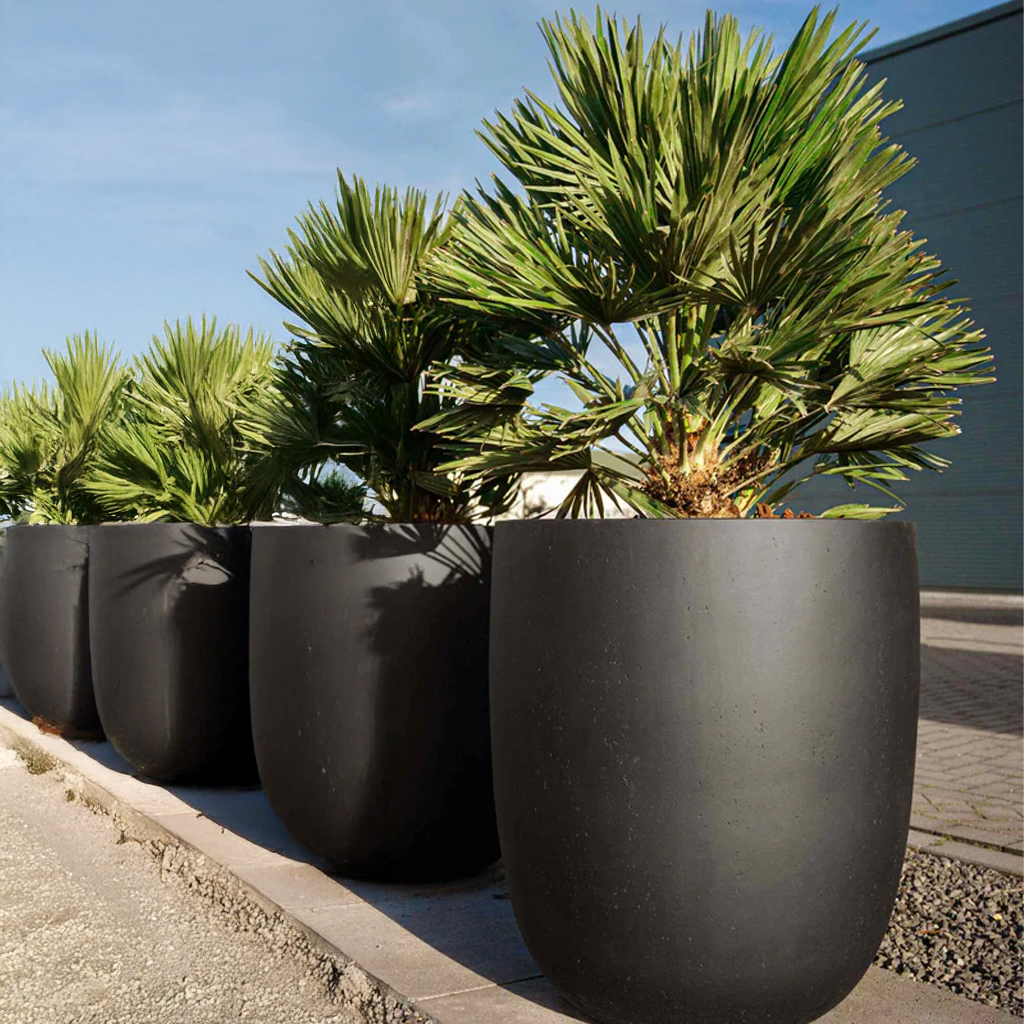
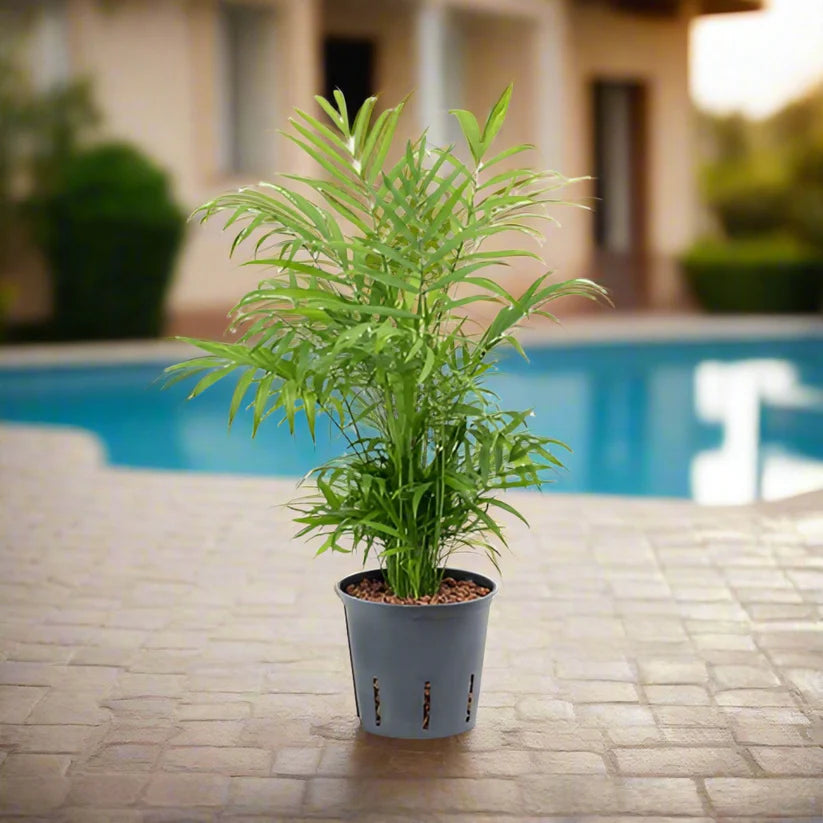
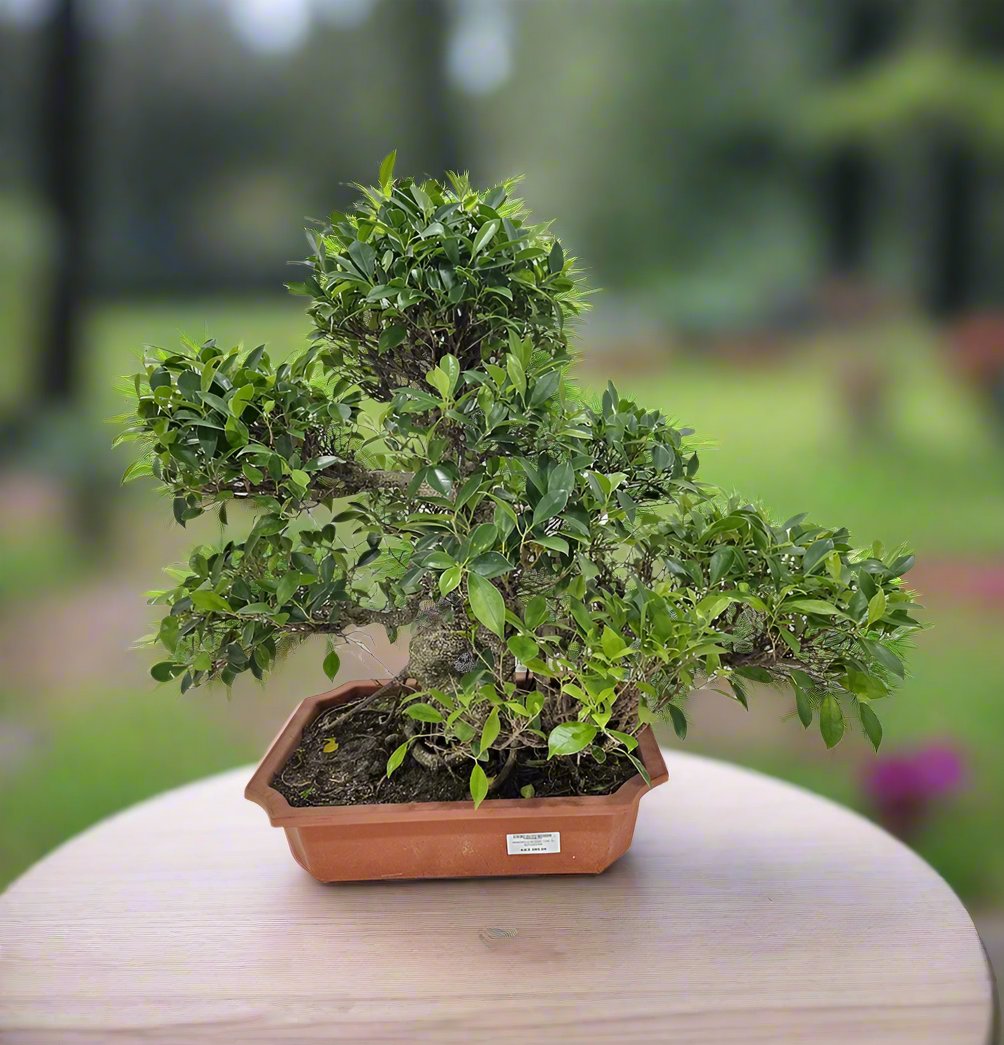
Frequently Asked Questions
Are Capi Europe flower pots suitable for outdoor use?
Yes, all Capi Europe flower pots are weatherproof and designed for both indoor and outdoor use.
What materials are used in Capi Europe products?
Capi Europe flower pots are made from high-quality, lightweight materials with robust textures and finishes that mimic natural elements.
Are there different styles and sizes available?
Yes, Capi Europe offers a wide range of styles, textures, and sizes to suit every plant, garden, or interior decor.
How do I maintain and clean Capi Europe flower pots?
Capi Europe flower pots are easy to maintain. Clean them regularly with mild soap and water, and avoid using abrasive materials to preserve their finish.
Are custom designs or sizes available?
While Capi Europe provides a wide selection of colors and sizes, custom options may be available upon request. Please contact us for more information.








